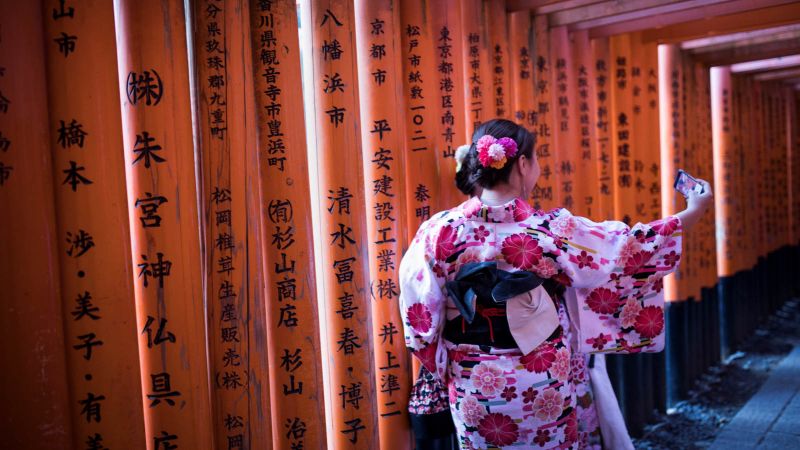Editor’s Note: Coronavirus cases remain high across the globe. Health officials caution that travel increases your chances of getting and spreading the virus. Staying home is the best way to stem transmission. Below is information on what to know if you still plan to travel, last updated on September 27.
TheStarsHub
—
If you’re planning to travel to Japan, here’s what you’ll need to know and expect if you want to visit during the Covid-19 pandemic.

It’s official: Japan will reopen to tourism on October 11.
Prime Minister Fumio Kishida announced the news in September at a press conference.
“We will lift the ceiling of the number of entrants into Japan, lift the ban on individual travel and lift the ban over visa-less travel,” he said.
Learn more here.
A heady mix of the cutting edge and deeply traditional, Japan remains a major draw for travelers from all over the globe. Whether participating in a traditional tea ceremony in Kyoto, scouring Tokyo’s Akihabara district for tech bargains or soaking in a hot onsen in the forests of Tohoku, this is a country that leaves its mark on all who visit.
A full list of countries whose citizens can enter can be found here.
Consult MOFA for the latest information.
No one will need to take a PCR or rapid test to enter Japan from October 11.
Masks are not required in public, but are recommended in hospitals and other medical facilities, around elderly people and on public transit.
As of September 27, Japan has reported over 21 million confirmed cases of the virus and 44,401 deaths.
Japan’s health ministry has allows prefectures to let younger patients who are considered lower risk to self-administer antigen tests and start isolating at home without waiting for a doctor’s diagnosis.
Previously, patients had to be registered as a Covid-19 patient by a doctor, who reported each new case to the government. If adopted, the new policy will allow patients to contact local public health centers themselves.
This measure is intended to reduce the number of people visiting hospitals and health centers.
Japan is considering following in the footsteps of Israel and encouraging older residents to get a fourth vaccine shot. The government health ministry has ordered more shots from Moderna and Pfizer in order to roll out this plan, but there is no date for the program yet.
While much of Japan remains open for business, cities are far quieter than usual and the government has the right to request the closure of businesses in areas of high transmission. Masks must be worn in public.
Osaka is now home to the world’s first – and so far only – Super Nintendo World, where visitors can put on virtual reality glasses and play a real-life version of Mario Kart.
Fukushima is ready for tourists again, while you can practice shirin yoku, or forest bathing, in Kyoto’s Sagano Bamboo Forest.
For something a little less idyllic, there’s a museum dedicated to poop in Yokohama. Or get stuck into the renowned food scene, with record-breaking snow crab and $185 steak sandwiches.
Olympics fans who weren’t able to attend the Games can still visit many of the venues where the events took place.
